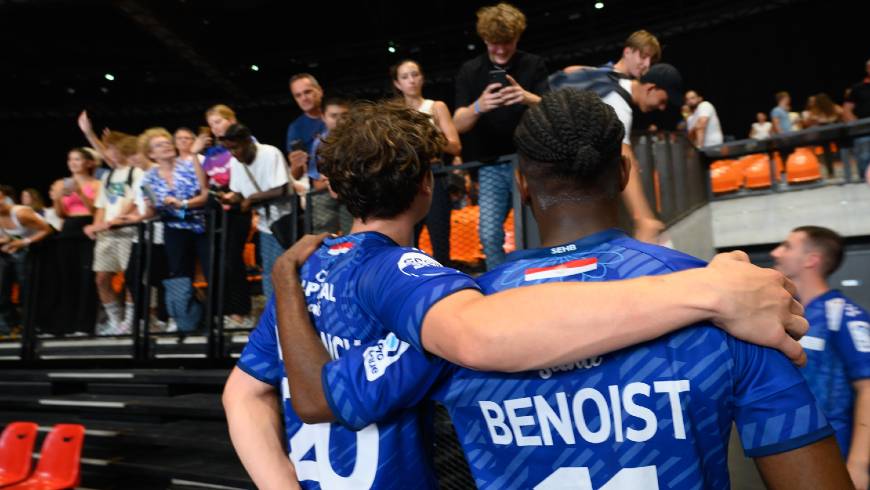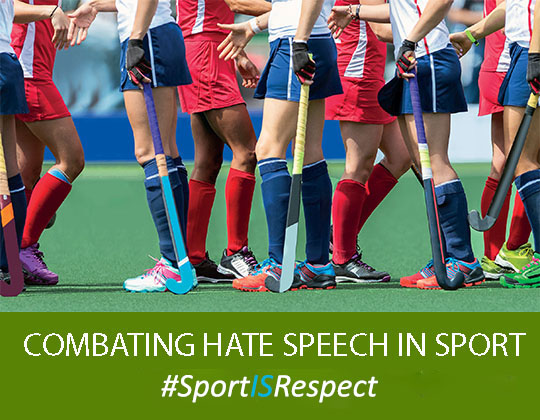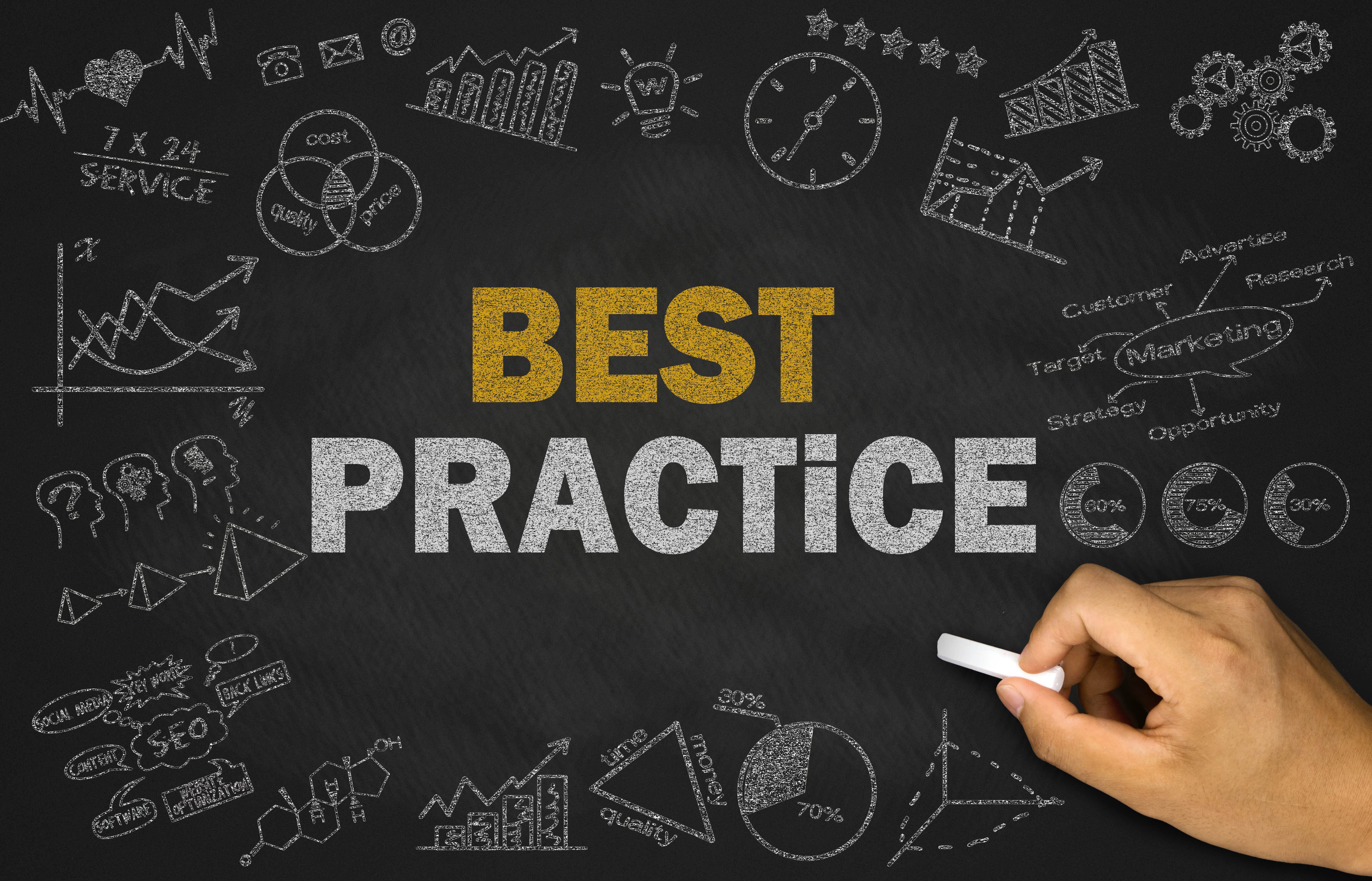Eradicating online hate

@Régis Suhner/CoE
In today's digital age, tackling online abuse has emerged as a critical issue, that requires implementation of effective legislation. Testimonies from all sport actors, in particular players and referees, provide valuable insights into the nature of this phenomenon and its profound impact on both their personal and professional lives, as well as those of their families. It is therefore crucial to raise awareness of the detrimental effects of online abuse on the mental well-being and performance of victims. In response to this growing concern, many companies have developed software to monitor, moderate, and combat online abuse, and to protect social channels from hate speech, harassment, and other unlawful content.
Their cutting-edge solutions play a vital role in safeguarding the online experience of sportspeople, fostering a safer and more inclusive digital environment for all users.
In this page you will find examples of the experiences of some relevant companies, alongside a compilation of best practices to combat online abuse
Companies combating online abuse
Online hate speech


